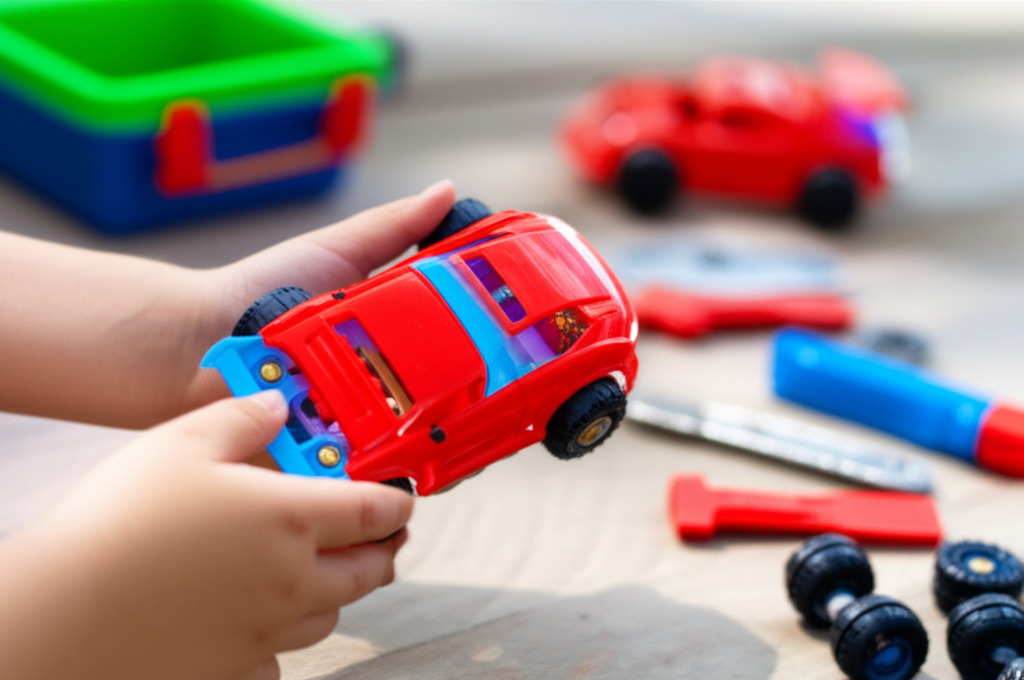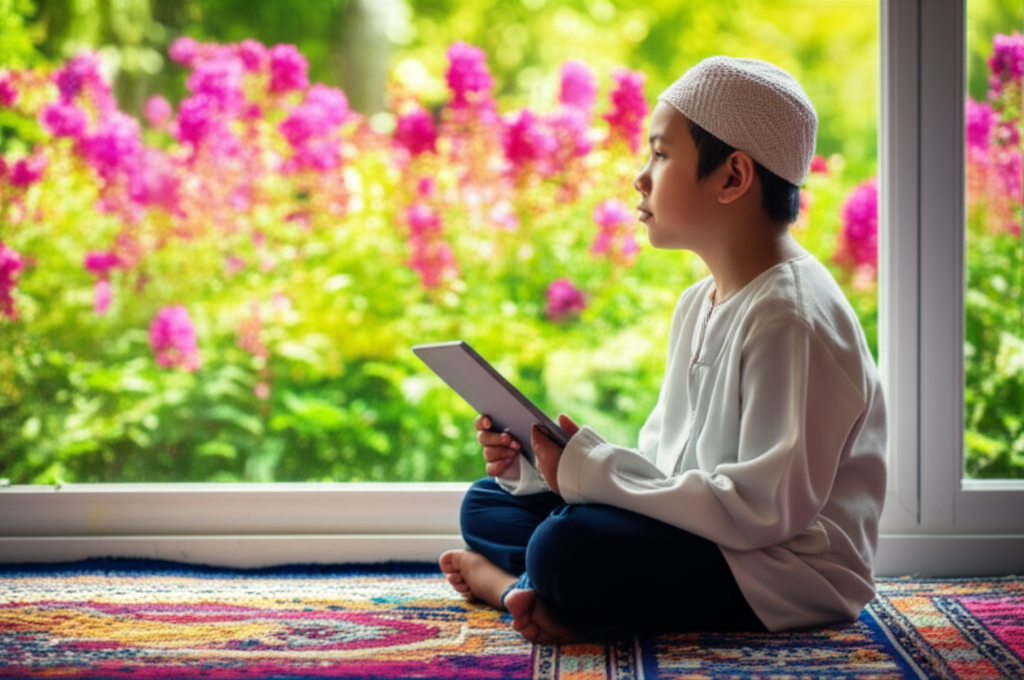Okay, here's a section on cultivating a strong connection with Allah for your blog, written in a friendly and accessible style:
Cultivating a Strong Connection with Allah
Nurturing a deep connection with Allah is the bedrock of a resilient Muslim identity. It's the guiding light that helps our children navigate the challenges of a rapidly changing world with faith and conviction. But how do we help them build this essential relationship?
Start with the Basics: Prayer & Quran
Consistent prayer, or salah, is a fundamental pillar of Islam. Make it a family affair! Pray together as often as possible, showing your kids the importance of this direct communication with Allah. Also, read and reflect on the Quran together. Even a short daily recitation can bring barakah (blessings) into your home and hearts.
Make Dhikr a Daily Habit
Remembrance of Allah, or dhikr, doesn't have to be complicated. Encourage simple phrases like "SubhanAllah," "Alhamdulillah," and "Allahu Akbar" throughout the day. Turn everyday moments – driving in the car, waiting in line – into opportunities for dhikr.
Seek Knowledge Together
Knowledge is light. Learn about the beautiful names and attributes of Allah, inspiring stories from the Quran, and the life of Prophet Muhammad (peace be upon him). Find age-appropriate Islamic books, online resources, or even join local study circles to deepen your family's understanding.
Reflect on Allah's Creation
Allah's signs are everywhere! Take time to appreciate the beauty of nature, the intricacies of the human body, and the wonders of the universe. Discuss how everything points back to the Creator, fostering gratitude and awe in your children.
Practice Gratitude
Instill a habit of gratitude in your kids. Encourage them to reflect on their blessings, both big and small. A simple "thank you" to Allah for even the smallest things can strengthen their connection to Him. A gratitude journal can also be a helpful tool.
Embody Islamic Values
Living an ethical and moral life, embodying compassion, kindness, and honesty is the best way to show our love for Allah. Encourage acts of charity and service to others, demonstrating the practical application of faith. Remember, actions speak louder than words!
Make Dua (Supplication) Personal
Teach your children to make dua (supplication) regularly. Let them know that Allah is always listening and eager to answer their prayers. Encourage them to be sincere and specific in their dua, expressing their hopes, fears, and gratitude to Allah. Let them know Allah is the only one who can grant us ease and guide us.











